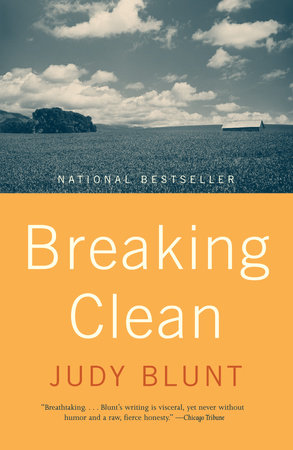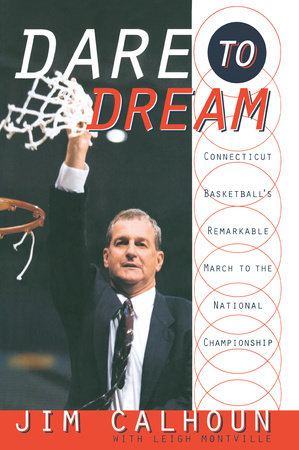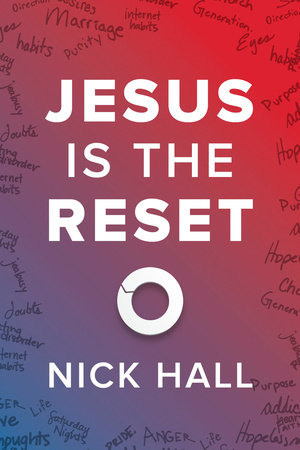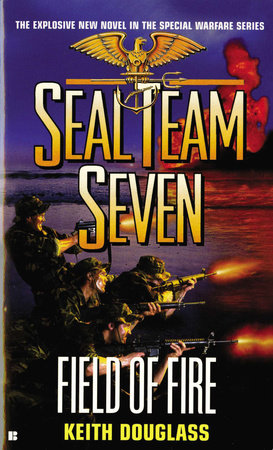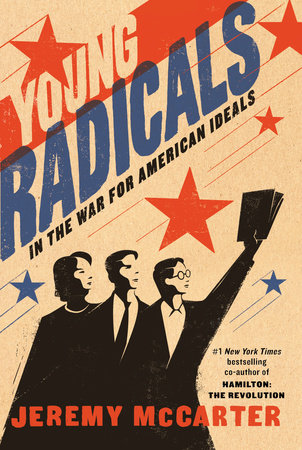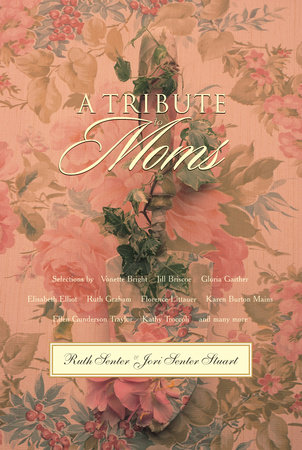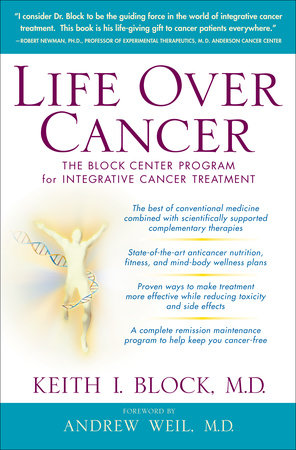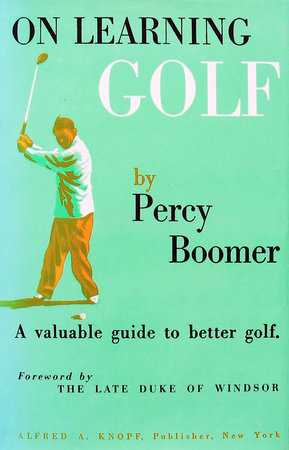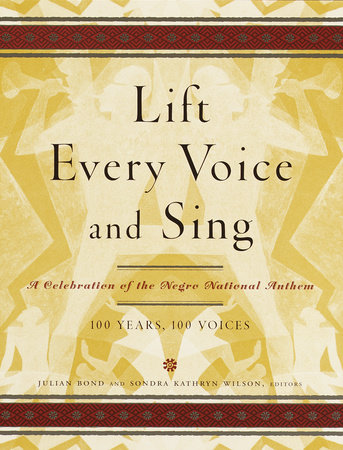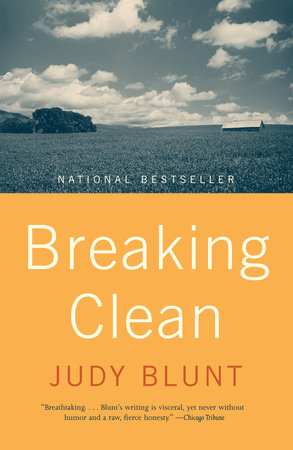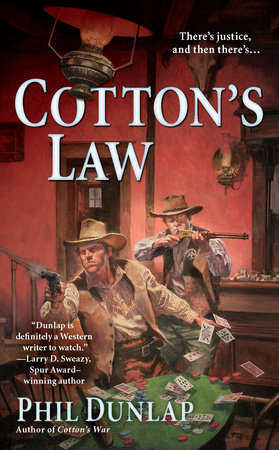Author Q&A
A Conversation with Judy Blunt, author of Breaking Clean
Q: How did you come to write this book?
A: I wrote the title essay, Breaking Clean, in one evening as a classroom assignment when I was a second year journalism major at the University of Montana. It was for a literature class called Montana Writers, led by the passionate and energetic Professor William Bevis. As part of our mid-term project, he assigned us to “write your Montana experience” in four pages or less. As a thirty-something ex-ranchwife, third generation Montanan, my story was perhaps more difficult to capture in four typewritten pages than those of my classmates, most of whom were under twenty and could count the months of their “Montana experience” on their fingers. Still, I gave it a shot. Ever attentive to duty, I squeezed the first three decades of my life onto four pages–only by fudging the line spacing and margins did I make it fit–and in the process of compressing scenes, I accidentally wrote an essay. I turned it in, and went on with my journalism studies. A couple of weeks later, I felt exposed and a bit reluctant when Professor Bevis approached me in class and asked permission to read my essay aloud. He was kind but adamant, and finally I agreed.
What happened next changed my life. He read Breaking Clean to an auditorium full of students who didn’t know who I was, and for fifteen minutes I watched their faces as they absorbed my story, my words. My life. I listened as his voice paused, then broke, at the ending line, and he turned his back on his class to compose himself. For the first time, I felt the power of the written word from the other side, from the writer’s side. I spent the night awake, rethinking the epiphany and the uncertainty of that moment in Professor Bevis’ class. The next day I added an English/Creative Writing major to my Journalism major.
Q: You write so eloquently about the isolation of ranch life. How do you think this book will speak to other people, and specifically women, who experience similar feelings and situations?
A: In my first years at the University, I rarely spoke about my life on the ranch. The students around me were young, well-traveled, and if not sophisticated, at least worldly. I believed my experience was too far outside the norm to be understood by others. I knew a great deal about a very specific region, and almost nothing about the world surrounding it.
Only as I came to share stories with other women did I discover the universal threads that connect our experiences. I discovered that people experience the alone-ness we call isolation in inner cities, in suburbs and in small towns. Listening to others, I came to understand how little our setting affects how we feel about our lives. Physical distance from others simply creates a set of logistical problems–How do we get supplies? When do we need to get them? It’s that other kind of distance, the emotional isolation, that matters most.
Q: What does your title, Breaking Clean, mean?
A: As I mentioned, Breaking Clean is the title of the first essay I wrote, a classroom assignment that required me to condense my thirty-some years of Montana experience into four pages. I titled the first draft, "Clean Break," which I thought reflected the sharp division between my old life and my new life, my childhood landscape and that of western Montana. But somewhere in the exhaustion beyond midnight, as I retyped a clean copy of the assignment to hand in, it came to me that the process was ongoing. I was still breaking clean. So I changed it. I am still breaking, not yet broken, clean.
Q: There are some very powerful scenes in Breaking Clean that show the difficult role of writing in your life–a smashed typewriter, a stock of novels left for the slower seasons. How did you come to find your voice as a writer? Has it been a natural emergence, or do you recall having made a decision to become a writer at some distinct point along the way?
A: I began writing poems and stories in grade school. I began listening to the sound of language, the lingo and the rhythm of stories long before then. And in the absence of television, I read. I did not read great literature or classics as a child, but I did read a great deal. My voice as a writer grew up with me, and has evolved over time. Writers, like fine wine, start out sort of green and sharp, and become more mellow as they age.
Q: Describe your relationship to the landscape of Montana–why does it carry such a pull and how has it influenced your voice as a writer?
A: My relationship to the landscape of Montana is visceral. My land defined my life for thirty years, and I find that it still defines my voice. It’s hard to shake the dark humor, the inside jokes that are part of growing up at the mercy of harsh weather and hard soil. Living there is a defining process. As a writer, I often have to be reminded by outside readers to describe the landscape as I go. It is such an intimate part of my story that I take it for granted.
Insiders don’t think of landscape in shapes or contours unless pushed to do so. We think of it by place name, or occasionally by an event that defines it–the creek crossing where we stuck the pickup that time or the reservoir that washed out in ’77. I don’t think of a long graceful series of sloping hills overlooking the hay meadows; I simply think: Pea Ridge.
Q: Your descriptions of growing up in Montana could almost be descriptions of a childhood in the dustbowl during the Depression years (without electricity, indoor plumbing, etc), decades before your time. Although you’ve left the ranch, is it your experience that this sort of "out of time" life is still a reality?
A: Life has evened out, even in the far reaches of the county. Today, my brother gets more television channels at the ranch with his satellite dish than I do in the middle of Missoula. Ranching folks have internet chat sites. The community as I knew it is gone.
Q: Would you say that the roles of women and men on today’s ranches are still as set in tradition as they seem to be in this book?
A: My experience is a singular one. I am always careful to stress that my story does not generalize to other farming and ranching communities, or even to other women within my community. Factors such as the location of our ranch, the logistics of our road and the personal dynamic of our family ranch corporation made it impossible for me to work outside the home.
Money was tight and regular childcare was non-existent. More commonly, women on farms and ranches have choices I did not have–they can commute to jobs in town or hire childcare so they can be more involved in farm and ranch operation.
It’s also important to remember that tradition often sports its own brand of wisdom. In isolated communities like ours, the division of labor along gender lines was more a matter of practicality than politics. The traditional model of ranch life, which has the man doing the outside work and the woman doing the inside work, is often the most efficient model, and with a few exceptions it sets husband and wife to those tasks each has been trained since childhood to accomplish.
When children enter the picture, the roles become still more defined–again, as a matter of common sense. Why would anyone send a nursing mother to the field while the father tended the child? Note this all hinges on what’s good for the growth of the business, rather than what’s good for the growth of the individual. The setting aside of individual needs for the good of the whole is still a required mindset. What’s “good for the whole” in the long run is a subject of some debate.
Q: What is life like for you now and do you ever miss life on the ranch?
A: I am patient in my pursuit of a good life. Of the ranch, I miss the smell of the prairie in early morning, sagebrush after a rain. I miss calving heifers in spring. I miss having my own dirt to dig in, seeds to plant. I miss the sound of chickens visiting quietly in the shade of the shop on a hot day. I miss the solitude–but I left because of the isolation. In other words, I miss the place, but I don’t miss the life.
Q: What do you feel are the most pressing issues that face rural communities today?
A: Economics, certainly. The depressed markets, encroachment of imported agricultural products, complexity of various state and federal programs and regulations, the enormous increase in the cost of operation. All this leads to depopulation, which leads to the closure of schools and businesses and community centers, and results in a community with few incentives for young families or couples starting out. Most youngsters go to college and never come back to live. Young men returning to their fathers’ ranches have a difficult time finding a woman who’s willing to take up the burden of being a full time ranch wife. The population of eastern Montana is both shrinking and aging at an alarming rate. Elder care is about the only growth industry in sight. It’s as though this marginally productive region is slowly correcting the error of the past century by shaking off excess people.
Q: When you grew up, children were not boys and girls but men and women in training. Your children are the first generation in four not raised on the ranch. How has watching them grow up changed your understanding of your own childhood?
A: At years I considered from my childhood to be landmark, I was continually surprised by how young they were. As each turned thirteen, for instance, I would try to imagine them moving out and starting high school in another town. When my daughter turned fifteen, I tried to imagine how I might react if she brought home a 27-year-old boyfriend. In allowing them some version of a childhood, I was able to resurrect part of what I never had. I belly-laughed at their jokes, wondered at their talents, admired their courage, respected most of their decisions, loved them as deep as it goes, unflinchingly. In return, they took my Mistake-A-Day method of parenting in solid stride. What a gift they are. But like me, a significant part of who they are becoming is rooted in the eastern Montana ranch community we left. They have had the advantage of summers and holidays on their father’s ranch among the cousins and grandparents and neighbors who make up their extended family. They’ve made hay and gathered cattle, spent some time at the rural school before it closed. They’re not quite city kids, not quite country kids.
Q: You have been a ranch wife, a reporter, a cook, a salad bar designer, house painter, hardwood floor sander, professor, single mother. When have you found time and energy to write and what advice could you give to other aspiring writers?
A: I have not often found time to write. I’ve come to despise the myth of the writer who composes a best seller on café napkins during the thirty-minute lunch break of his second job. I know few serious writers who don’t require sustained periods of writing time in order to focus and stay focused on a project. Earning a living can get in the way of writing, unless they’re one and the same. My book was written over the course of ten years in a frustrating jumble of stolen hours and fragmented weeks. Some years when I was working six or seven days a week and running a household for three kids, I didn’t write at all. I had nothing left to spend. Other times, I managed to complete an essay by working from four a.m. until I had to stop to get ready for school or work.
